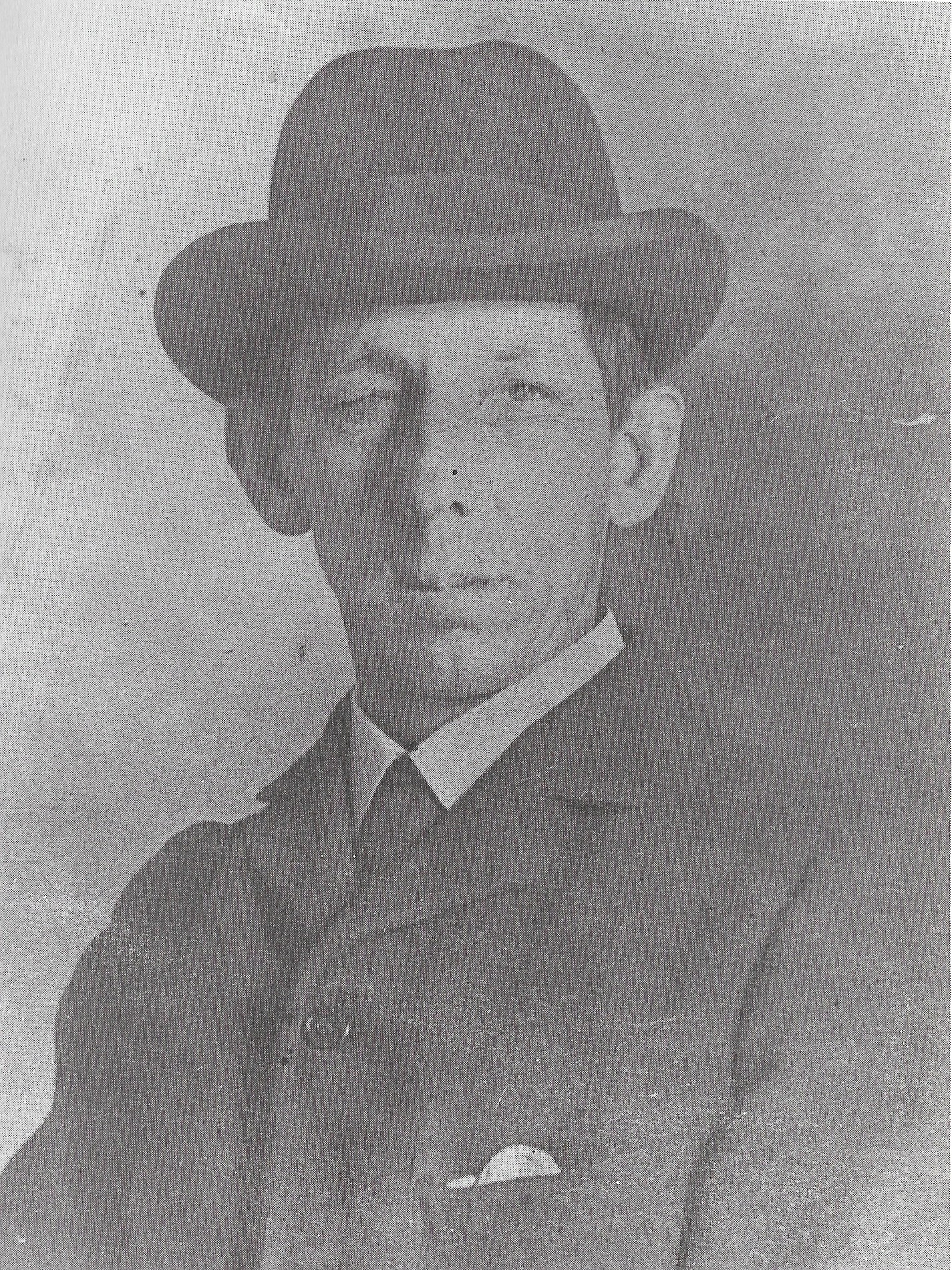
George Meek (1868–1921) was a real life, Eastbourne version of Frank Owen, the working-class hero of The Ragged Trousered Philanthropists written by Robert Tressell from 1906 to 1910 in Hastings, just 19 miles along the coast east of Eastbourne. George Meek was a key figure in encouraging socialist ideas in the town. He was one of the bath-chair men in our town, a poorly paid, insecure job, reliant on the tourist trade and good weather. He lived on the edge of poverty throughout his life. His two younger brothers, Joe and Arthur, were sent to the workhouse for a period when his mother could not care for them.
During Meeks lifetime, there were very few accounts of working-class life in Britain written by working class people. There were several factual surveys (including, of course, Engels ‘Condition of the Working Class in Britain in 1844. There were also several personal accounts, e.g., Robert Tressell’s novel, mentioned above, and Jack London’s People of the Abyss. Meek was encouraged and supported to write about his own experience under the mentorship of H.G. Wells, whom he had met during one of his ‘walk abouts’ looking for work. Meek’s autobiography was a great achievement considering he only received brief and inconsistent schooling. He was alone amongst all these writers in being from working class.
We often tend to romanticism the past as when we see photos of the bath chair men of this town. But life for them was grim, as this extract from Meek’s autobiography depicts:-
“If you would know the horror of black despair, go out with a bath-chair day after day, with the chair-owner or landlord worrying you for rent, food needed at home, and get nothing. Stare till your eyes ache; pray with aching heart to a God whom you ultimately curse for his deafness. And this not for a few weeks, but year after year.”
Meek spoke of only older men and sickly men being bath-chair men (he had a serious sight disability) as they were cheaper than animals, as with the hackney carriages.